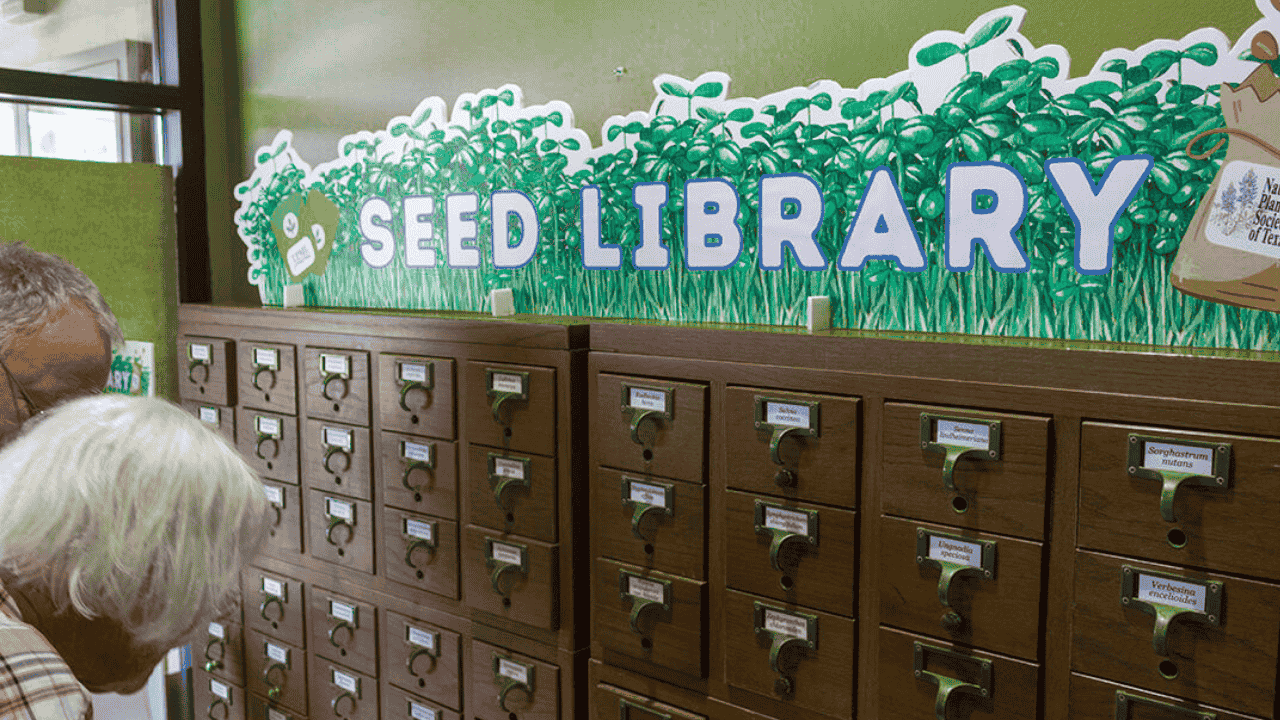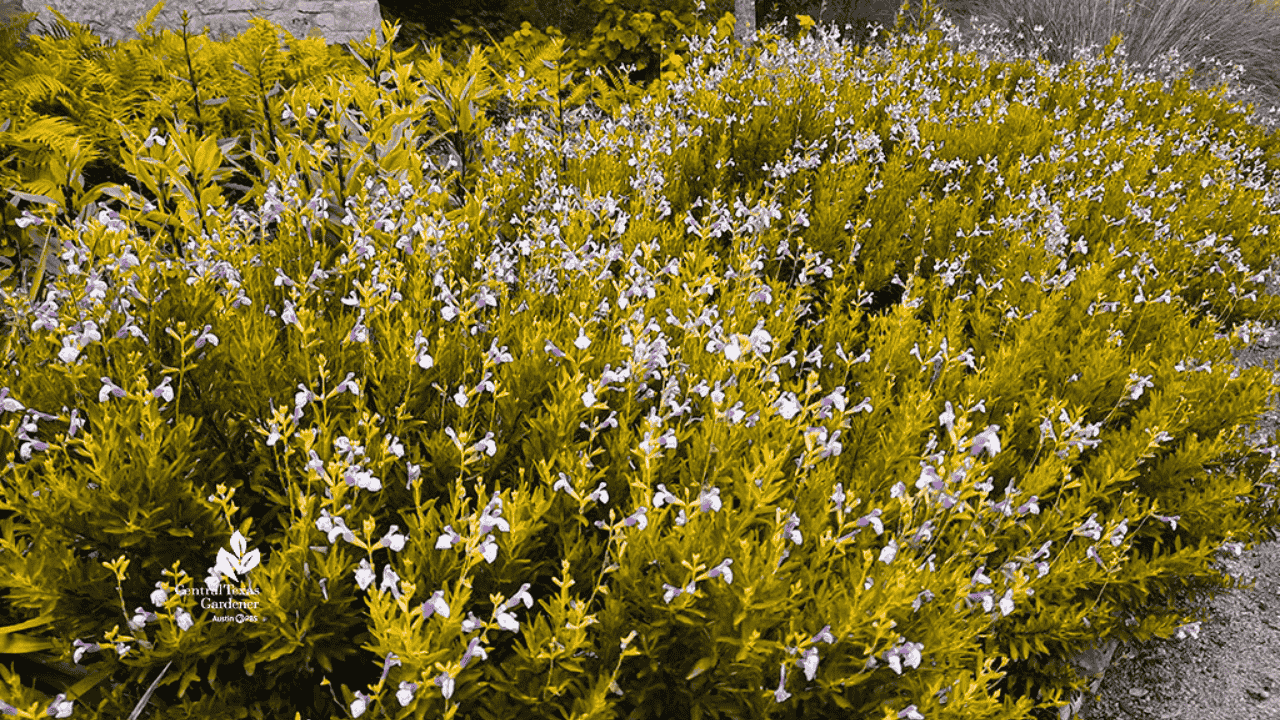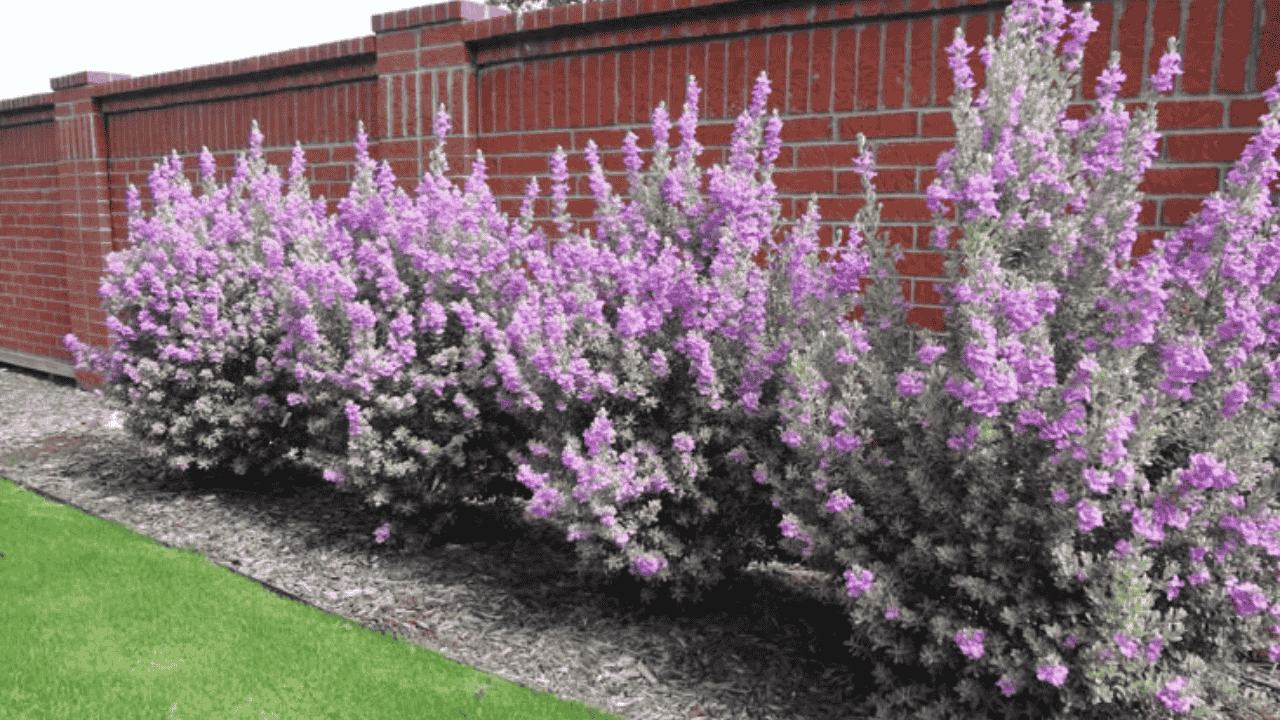If you’re passionate about growing native plants in Texas, sourcing native seeds is a smart and sustainable choice. Native seeds are not only adapted to local conditions, but they also support pollinators, birds, and the overall ecosystem. But where do you start—especially if you’re on a budget?
Good news: There are free and low-cost ways to get your hands on quality native seeds in Texas. One of the best places to begin is through the Native Plant Society of Texas (NPSOT). In this article, we’ll guide you on how to source native seeds through NPSOT chapters, along with other helpful resources like seed libraries, USDA options, and reputable sellers.
Why Choose Native Seeds?
Native plants are the backbone of a healthy landscape. They require less water, fewer chemicals, and support local wildlife. Whether you’re starting a butterfly garden, restoring a prairie, or just adding a few wildflowers to your yard, starting with native seeds gives your garden the best shot at thriving.
How to Source Native Seeds Through NPSOT Chapters

The Native Plant Society of Texas (NPSOT) is an amazing grassroots organization that promotes the conservation and use of native plants across the state. Each local chapter hosts events, plant sales, and—most importantly—seed swaps and giveaways.
Here’s how you can get free native seeds through NPSOT:
- Find Your Local Chapter
Visit npsot.org and use the “Chapters” tab to find one near you. From Austin to San Antonio, almost every region has its own active group. - Attend Monthly Meetings or Events
Local NPSOT chapters often hold monthly meetings with guest speakers, native plant experts, and gardeners. Many meetings include free seed exchanges, especially during fall and early spring. - Join a Seed Swap or Native Plant Sale
These events are goldmines. Members bring extra seeds from their own gardens and trade them with others. You’ll find everything from Texas bluebonnet seeds to native milkweed and prairie grasses. - Ask About Seed Banks or Sharing Programs
Some chapters maintain small community seed banks. While not all offer this, it’s worth asking. It’s a great way to get seeds that are locally adapted and proven performers in your specific region.
Bonus Tip: Check Out the San Antonio Seed Library
If you live near San Antonio, don’t miss the Seed Library at the San Antonio Public Library. It’s a community-based resource where you can “check out” seeds for free—just like borrowing a book. When your plants mature, you’re encouraged to collect seeds and return some back to the library.
Visit: mysapl.org and search for “Seed Library” for details and branch locations.
USDA Free Seeds Website
The USDA Plant Introduction Program used to offer free seed requests via the Germplasm Resources Information Network (GRIN). While not as accessible today for home gardeners, some conservation-focused individuals still use this for rare or research-based planting.
However, most gardeners looking for USDA free seeds today have better luck through local programs or nonprofits like NPSOT or county extension offices.
Where to Buy Native Seeds (If You Can’t Find Them Free)
Sometimes, even if you can’t get seeds for free, buying from trusted local sources ensures you’re getting high-quality native varieties. Some great options in Texas include:
- Native American Seed (Junction, TX) – Offers 100% native Texas seed mixes
- Barton Springs Nursery (Austin) – Great for both seeds and starter plants
- Prairie Moon Nursery – Ships nationwide, but includes many Texas-native varieties
These vendors often provide helpful planting guides and region-specific advice too.
Tips for Growing & Sharing Native Seeds
- Collect your own seeds at the end of the season to replant or donate to NPSOT events.
- Label everything clearly—include the plant name, location, and date collected.
- Only collect responsibly. Don’t take seeds from protected lands or without permission.
Sourcing native seeds through NPSOT chapters and local seed libraries is one of the most eco-friendly, community-driven ways to start your native plant journey. Whether you’re looking to get seeds for free or buy from trusted Texas vendors, you’re helping to build a more resilient and biodiverse landscape.




